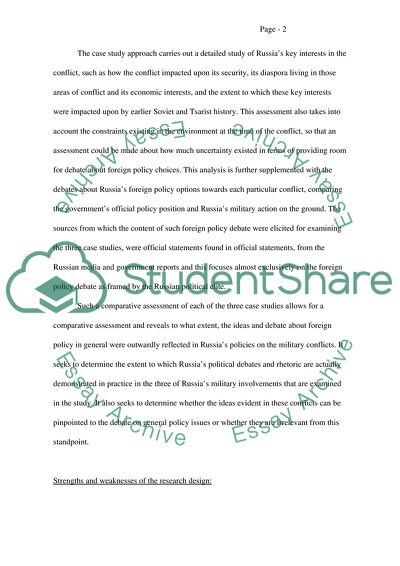Cite this document
(Qualitative Study Approach: Foreign Policy Case, n.d.)
Qualitative Study Approach: Foreign Policy Case. https://studentshare.org/politics/1717098-book-review-qualitative-analysis-case-study-russian-foreign-policy-and-the-cis
Qualitative Study Approach: Foreign Policy Case. https://studentshare.org/politics/1717098-book-review-qualitative-analysis-case-study-russian-foreign-policy-and-the-cis
(Qualitative Study Approach: Foreign Policy Case)
Qualitative Study Approach: Foreign Policy Case. https://studentshare.org/politics/1717098-book-review-qualitative-analysis-case-study-russian-foreign-policy-and-the-cis.
Qualitative Study Approach: Foreign Policy Case. https://studentshare.org/politics/1717098-book-review-qualitative-analysis-case-study-russian-foreign-policy-and-the-cis.
“Qualitative Study Approach: Foreign Policy Case”. https://studentshare.org/politics/1717098-book-review-qualitative-analysis-case-study-russian-foreign-policy-and-the-cis.


